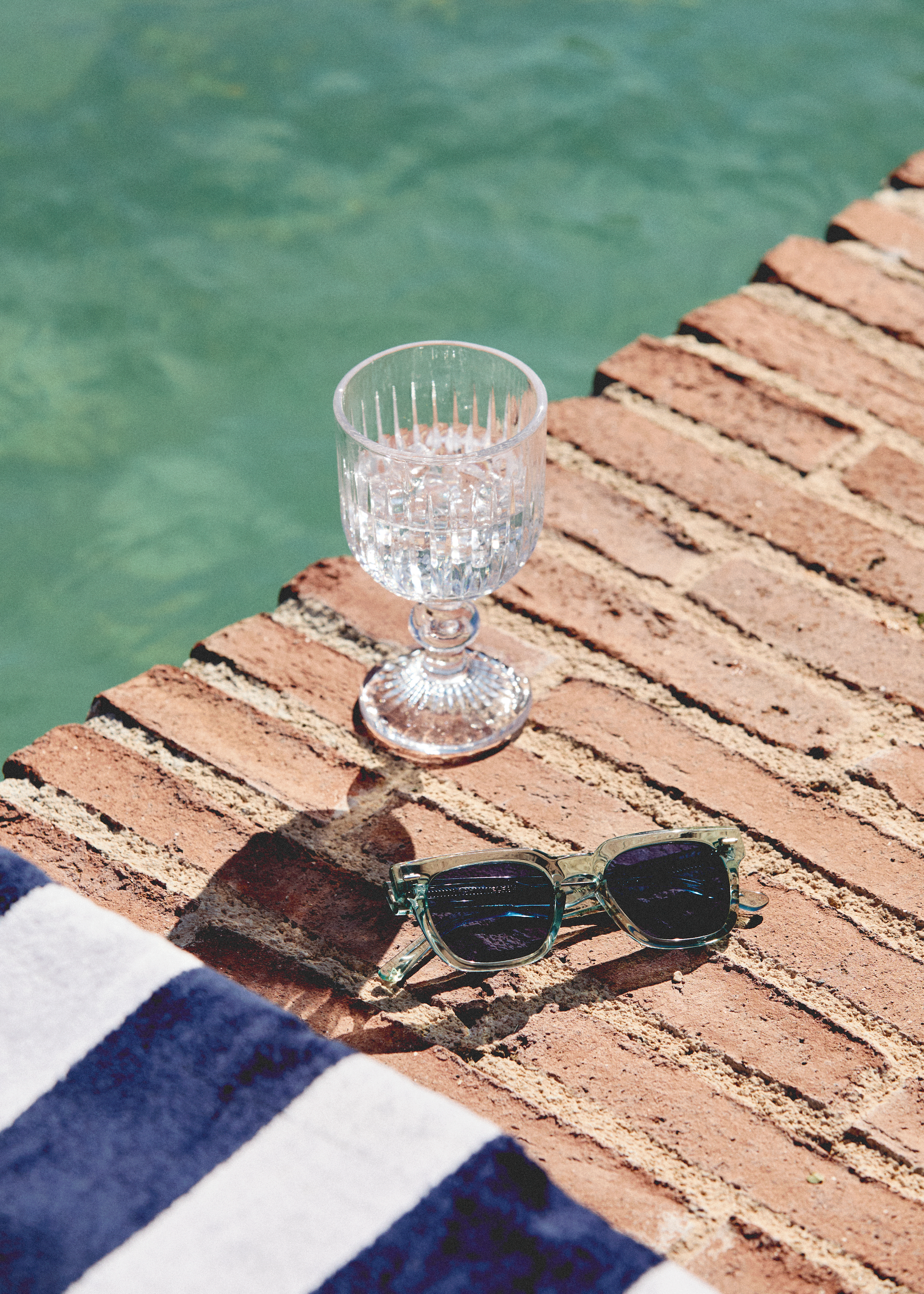
There is a popular belief in which we should only protect our skin and our eyes during the summer months. But we must know that the sun affects all months of the year equally.
Harmful solar radiation does not depend on the ambient temperature nor does it depend on the weather conditions, so on rainy days and clouds, you must also protect yourself, since these clouds are not dense enough so that they are not crossed by the ultraviolet from the sun.
There are two solar radiations, they are called UVA and UVB and both reach our body regardless of the month we are in.
UVA radiation is capable of penetrating to the hypodermis, the deepest layer of the skin, with 99% reaching the earth's surface and being present throughout the year.
Unlike UVB radiation, which has a higher incidence during the summer months and the percentage that reaches us is much lower, causing less damage to our body as it is not so powerful.
The sun affects our body causing damage that is cumulative and permanent, hence the phrase "skin has memory".
Without adequate protection we can suffer photoaging, pigmentation or spots on the skin, allergic reactions, cancer, etc.
With regard to our eyes, the damage can be very diverse, from blurred vision, irritation or redness to temporary loss of vision and even complete blindness in extreme cases.
It is important to bear in mind that when there is snow, the light that reaches our eyes is not only directly incident but also reflected by the snow itself.










